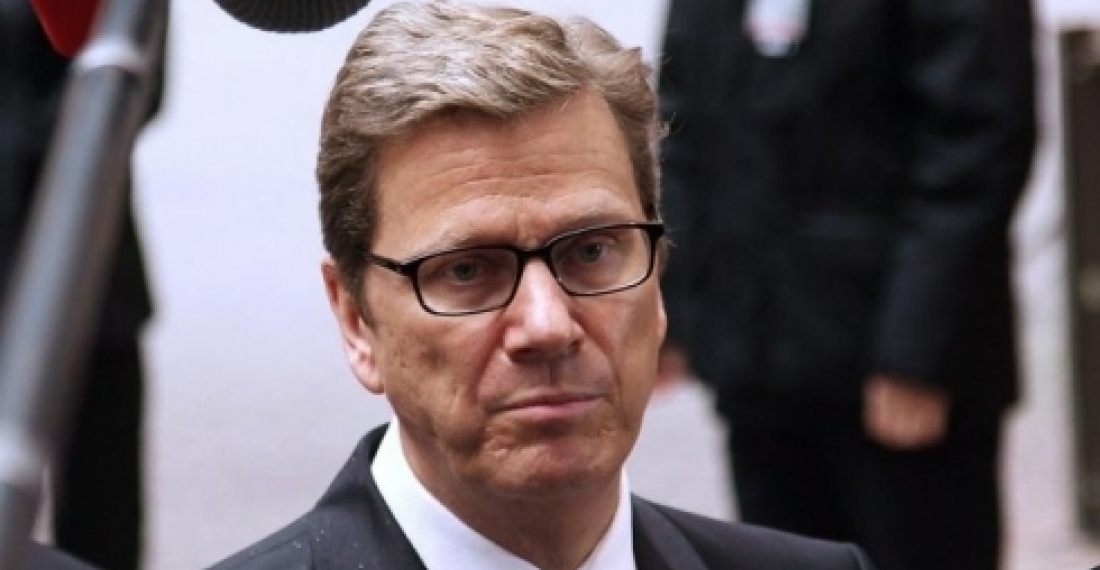Армяно-турецкое примирение соответствует и исходит из интересов этих обеих стран. Об этом 16 марта в Ереване на совместной пресс- конференции с главой МИД Армении Эдвардом Налбандяном заявил министр иностранных дел Германии Гидо Вестервелле.
"Германия содействует армяно-турецкому примирению и считает что примирение выгодно обеим странам, однако процесс примирения должен проходить поэтапно", - отметил Вестервелле.
Нормализация армяно-турецких отношений началась 10 октября 2009 года, когда главы МИД Армении и Турции подписали в Цюрихе "Протокол об установлении дипотношений" и "Протокол о развитии двусторонних отношений", которые должны были быть ратифицированы парламентами двух стран. В свете того, что Турция всячески тянула с ратификацией документов, президент Армении Серж Саргсян 22 апреля 2010 подписал указ о приостановлении процесса ратификации армяно-турецких протоколов. Тем не менее, оба документа остаются в повестке дня НС.







